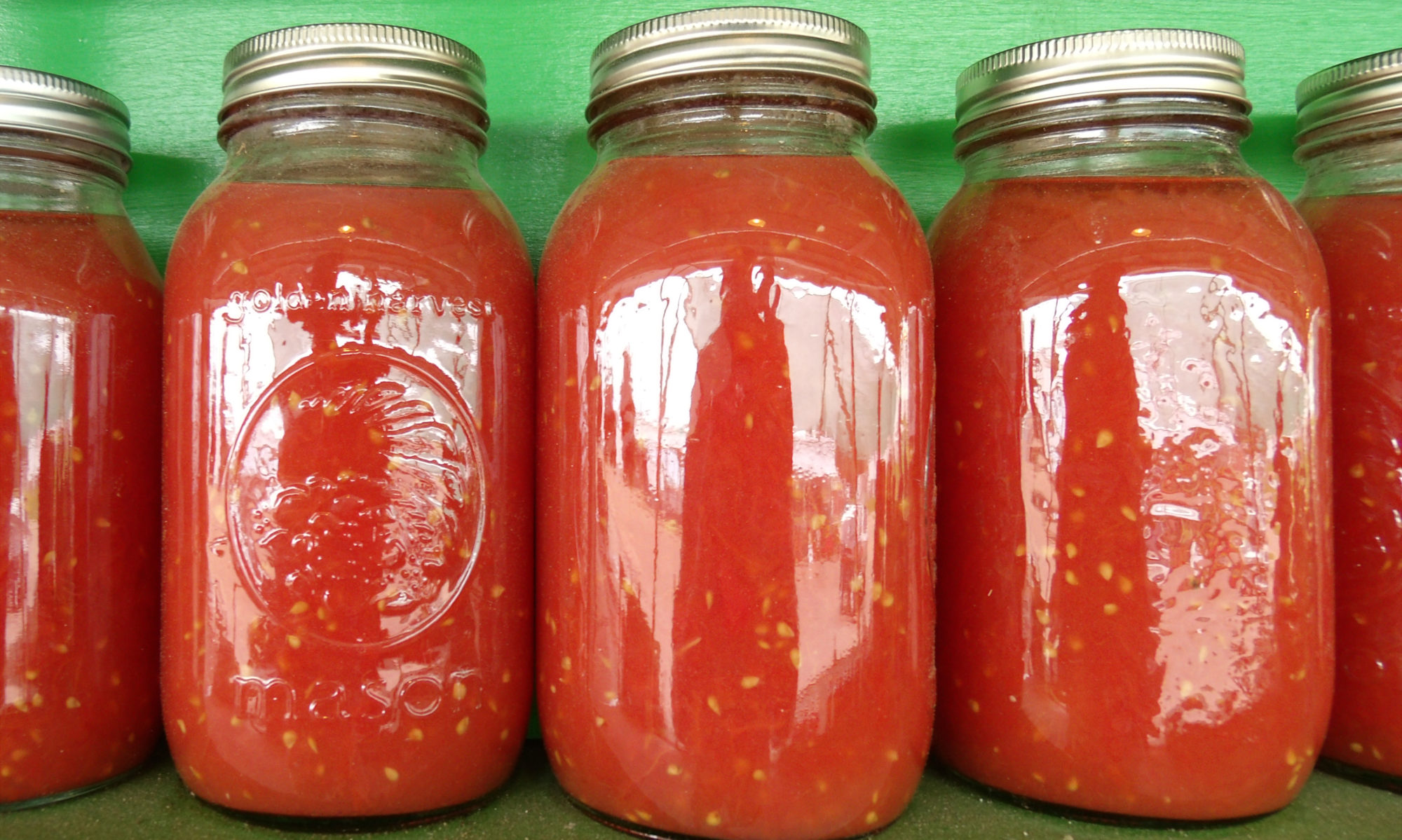It’s difficult for us now to imagine mayonnaise as anything even approaching exotic, but Eudora Welty remembers its advent in Jackson, Mississippi as an event of near carnaval proportions.
Welty’s use of foods in her fiction brings two notable examples to mind; the “green-tomato pickle” in Why I Live at the P.O. and the shrimp boil at Baba’s in No Place for You, My Love, not to mention the groaning boards in her Delta Wedding. But she also wrote the introductions for three Jackson cookbooks: Winifred Green Cheney’s Southern Hospitality Cookbook (1976); The Country Gourmet (1982), put out by the Mississippi Animal Rescue League; and The Jackson Cookbook (1971), which was compiled by the Symphony League of Jackson.
Mark Kurlansky, in his The Food of a Younger Land (2009), includes an essay of Welty’s entitled “Mississippi Food” that he claims was “a mimeographed pamphlet that she wrote for the Mississippi Advertising Commission and which they distributed.” Kurlansky doesn’t provide a date for the essay, but it was doubtless written in the 1930s.
The introduction to The Jackson Cookbook, “The Flavor of Jackson”, is a savory dish of Southern culinary exposition, rich with Welty’s seasoned voice. Eudora’s essay is a finely-seasoned piece with a wonderful flavor all its own. Most of the city’s culinary history concerns home cooking, of course, since restaurants here were rather much a novelty until the mid-twentieth century, but Jackson’s storied hospitality has always featured a superb board. I’m including a part of the introduction here, specifically that section dealing with mayonnaise because it explains to a “t” just how exotic this now-prosaic kitchen item was then.
“As a child, I heard it said that two well-travelled bachelors of the town, Mr. Erskin Helm and Mr. Charles Pierce, who lived on Amite Street, had ‘brought mayonnaise to Jackson’. Well they might have though not in the literal way I pictured the event. Mayonnaise had a mystique. Little girls were initiated into it by being allowed to stand at the kitchen table and help make it, for making mayonnaise takes three hands. While the main two hands keep up the uninterrupted beat in the bowl, the smaller hand is allowed to slowly add the olive oil, drop-by-counted-drop.
The solemn fact was that sometimes mayonnaise didn’t make. Only the sudden dash of the red pepper into the brimming, smooth-as-cream bowlful told you it was finished and a triumph. Of course you couldn’t buy mayonnaise and if you could, you wouldn’t. For the generation bringing my generation up, everything made in the kitchen started from scratch.”
Welty elaborates by describing a typical Jackson kitchen in the twenties and thirties, and mentioning a great many people who made significant contributions to the local cuisine. If you can find a copy of The Jackson Cookbook, buy it, read about Jackson’s culinary history from a master of her craft and cook the superlative recipes. No wrong could come from it at all.

